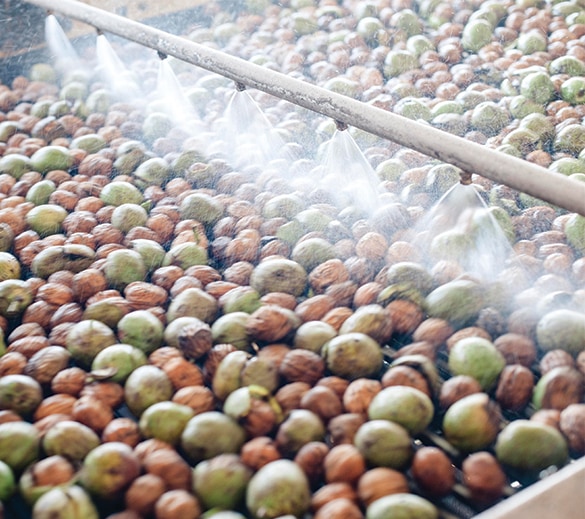
$2.2 Million Spent on Food Safety Training and Research since 2009
The California Walnut industry continually invests in food safety training and food safety research projects. Since 2009, the California Walnut Board has spent more than $2.2 million on food safety training and research activities.
